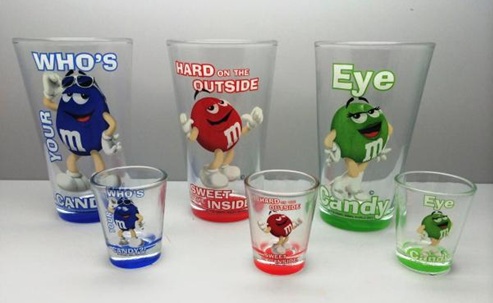There’s some good news for a change for those concerned about the rampant use of antibiotics in animal feed. Perdue, the nation’s most well-known chicken producer claims that 95% of its chickens will now be antibiotic-free (sort of) after removing all antibiotics from chicken hatcheries. [More]
fda
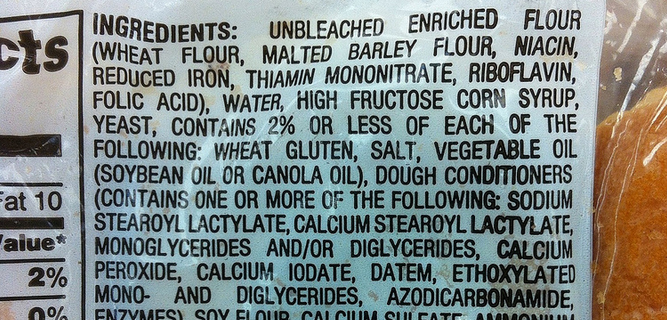
Food Industry Initiative Highlights How Little The FDA Knows About What’s In Our Food
For decades, the food industry has been able to use ingredients that are “generally recognized as safe” (GRAS) without approval from the FDA. When first used in the ’50s, this was intended to apply to ingredients, like vegetable oils and vinegars, where an additive’s safety is common knowledge, but in 1997, a backlogged FDA allowed food companies to merely submit their GRAS findings instead of the supporting data, creating a loophole the food industry has exploited to include a vast number of chemical ingredients that manufacturers claim are safe but which don’t go through a rigorous approval process. Feeling pressure from the public to pull back the veil on the GRAS process and its ingredients, the food industry announced a transparency initiative yesterday that may be a step in the right direction, but highlights just how little the FDA seems to care about the “F” part of its name. [More]
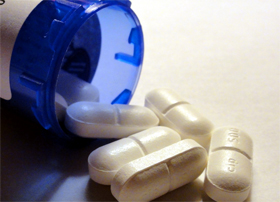
DEA To Change Classification of Some Frequently-Abused Painkillers Like Vicodin
As a country, we sure do like our prescription painkillers. In fact, we like them a bit too much: Americans consume 99% of all hydrocodone drugs manufactured in the world. Prescription drug abuse — and deaths from overdose — are rampant. The DEA is hoping to stem the tide of abuse and overdose with a new rule that changes the way some painkillers are classified, and will make them harder for individuals to get. [More]

New Gluten-Free Labeling Rules Go Into Effect This Week
A year after the Food and Drug Administration laid out the rules for food manufacturers who want to label their products gluten-free, the new labeling requirements will go kick in this week. [More]
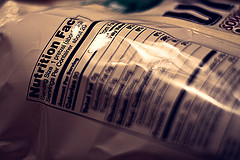
Should Food Companies Tell Consumers How Much Sugar They Add To Products?
Looking at the label of any food product on grocery store shelves and you’ll find the total amount of sugar in that item. But does it matter how much of that sugar is from a food’s raw ingredients, and how much sweetener was added? [More]

Surgeon General’s Report: “We Need To Do Something” About Climbing Skin Cancer Rates
Summer might be half-over, but there’s still plenty of time left to go tanning on the beach before fall madness sets in. But before you head out to catch some rays before Labor Day, the Surgeon General has some advice for you: don’t. [More]
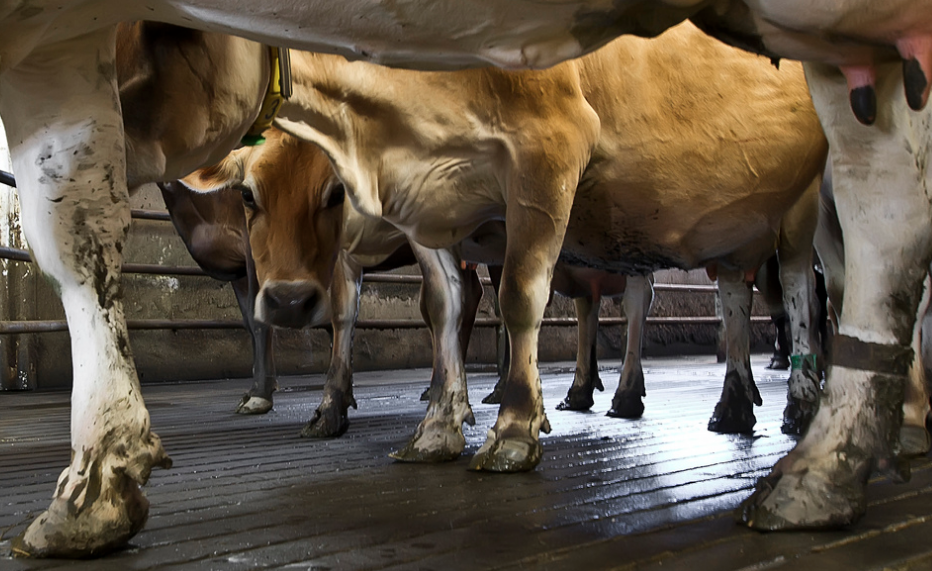
Appeals Court Allows Farmers To Keep Feeding Unnecessary Antibiotics To Animals
More than 35 years ago, the FDA acknowledged that feeding medically unnecessary antibiotics to farm animals may encourage the development of antibiotic-resistant bacteria, which poses a huge health risk to humans. In 2012, a federal court ruled that the FDA is required by law to hold hearings in which the drug makers would need to prove the safety of non-medical use of these antibiotics. But today, a the U.S. Second Circuit Court of Appeals overturned the lower court’s ruling, saying it’s up to the FDA to decide if it wants to hold such hearings. [More]
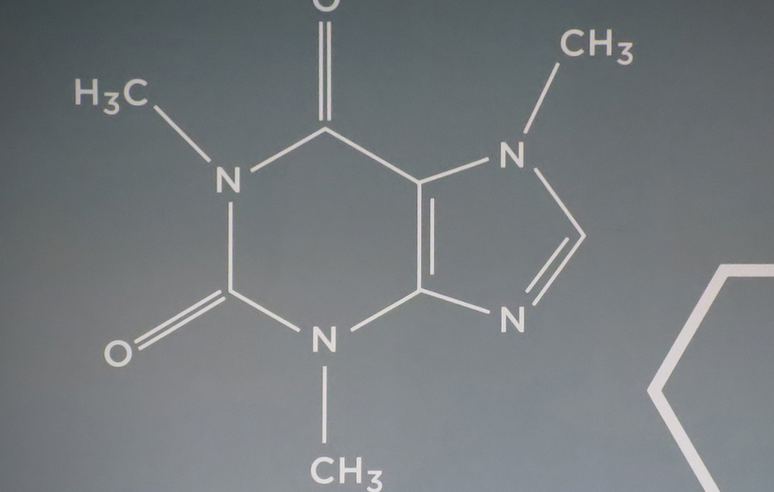
The FDA Asks That You Please Not Ingest Pure Powdered Caffeine
People have been drinking caffeinated beverages for centuries, and popping caffeine pills for decades, and the Food and Drug Administration currently puts no hard limit on caffeine content in food. But the recent death of an Ohio teen who ingested the pure powdered form of caffeine has the FDA warning consumers against the incredibly potent stimulant. [More]
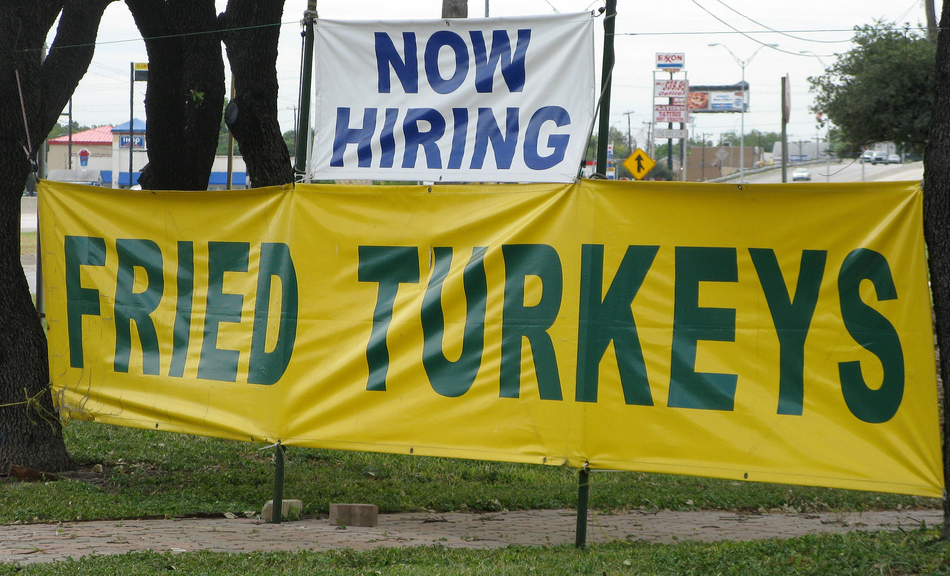
Cargill Says It Will Stop Using Antibiotics To Fatten Up Turkeys, But Do They Mean It?
Three years ago, Cargill recalled 36 million pounds of Salmonella-tainted ground turkey (followed by a later recall of another 185,000 pounds of the stuff). The particular strain of Salmonella involved in these recalls and the subsequent outbreak that sickened at least 134 people in 36 states, is resistant to antibiotics, likely because of all the drugs put into the turkeys’ feed solely because it has th side-effect of encouraging tissue growth. Yet only now is the agribusiness giant thinking maybe it shouldn’t carelessly shove antibiotics down the throats of the birds it sells to consumers. [More]
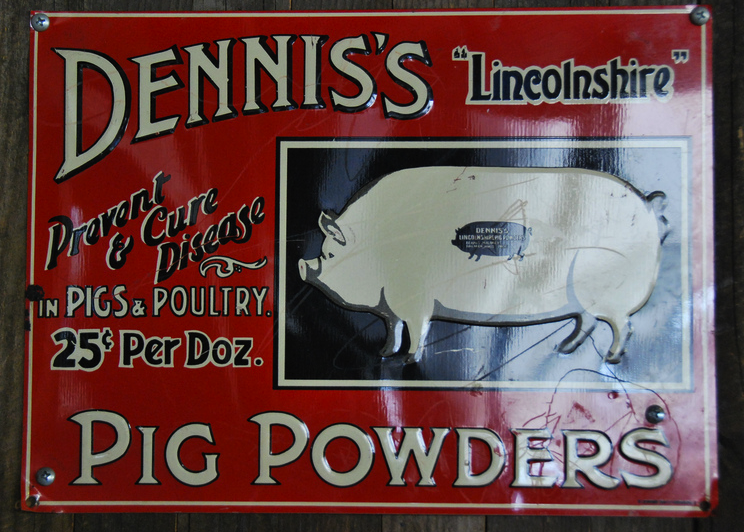
Doctors Call For End To Fattening Farm Animals With Antibiotics
While the beef, pork and drug industry likes to claim there isn’t enough science to merit a ban on the medically unnecessary use of antibiotics in farm animal feed, the nation’s largest group of physicians doesn’t quite see it that way. [More]
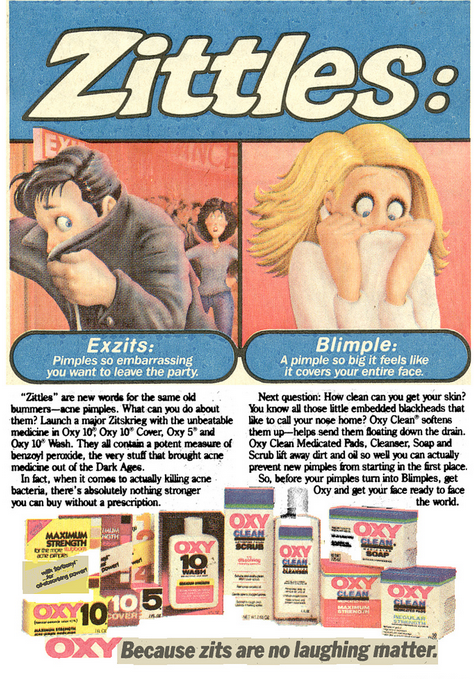
FDA Warns Of Rare, Potentially Dangerous Hypersensitivity To Popular Acne Products
Citing more than 100 reports — most of them since 2012 — of hypersensitivity to common acne medications like Proactiv, Neutrogena, Oxy, Aveeno, Clean & Clear and others, the FDA has issued a warning to consumers that these products can cause “rare but serious and potentially life-threatening allergic reactions or severe irritation.” [More]
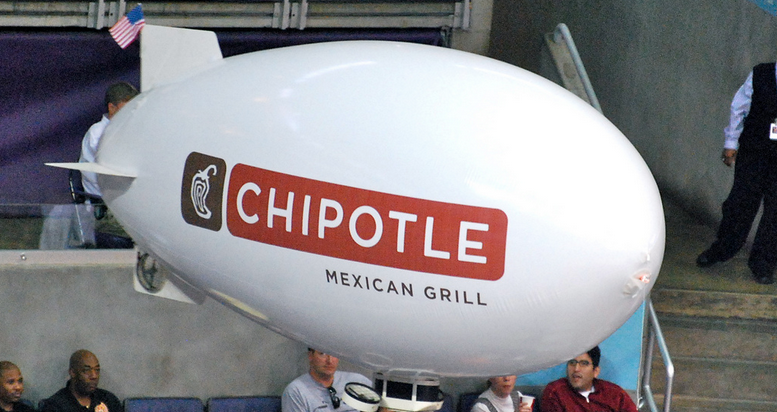
If Texas Farmers Want Chipotle To Buy Their Beef, They Should Stop Feeding Antibiotics To Cattle
Yesterday, the Commissioner of the Texas Dept. of Agriculture wrote to the founder and CEO of burrito chain Chipotle, saying he was “shocked” by Chipotle’s “foolish” decision to buy beef from cattle raised in Australia when there are so many cattle farmers in the Lone Star State, accusing the company of abandoning American farmers — but glossing over the fact that the domestic supply is limited if Chipotle wants to stick to its guns about using antibiotic-free beef. [More]
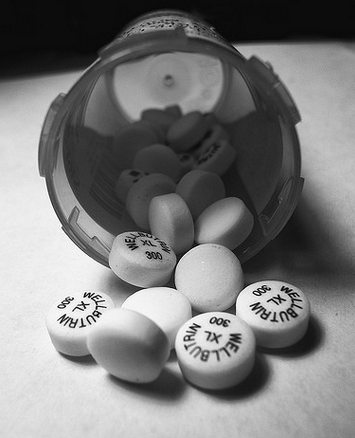
GSK To Pay $105 Million To Settle Advair, Paxil, Wellbutrin Disputes
Drug biggie GlaxoSmithKline has been slapped with another huge settlement for its questionable marketing tactics. This time, the pharma company has agreed to pay $105 million to resolve claims made by attorneys general from 45 states regarding the selling of asthma drug Advair and antidepressants Paxil and Wellbutrin. [More]
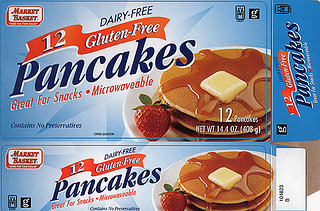
Before You Eat That, Check The FDA Flickr Account For Warnings About Recalled Products
With this that and the other thing getting recalled on what feels like a daily basis, maybe you feel like you don’t have the time to stay abreast of what foods aren’t safe to eat. That’s why the Food and Drug Administration has started its very own Flickr account to alert consumers when products are recalled. The more you know, the less you end up clinging to the bathroom floor for dear life in extreme gastrointestinal distress. H/T to The Verge [FDA Recalled Products 2014 on Flickr] [More]
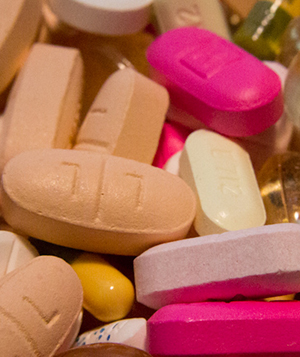
FDA Launches New Public Database Tracking Which Drugs Do Not Play Nicely With Other Drugs
Medicinal drugs can be beneficial, even lifesaving — but not, always, in combination with each other. Putting two and two together in the human body can cause a million different unexpected, unintended, downright harmful side effects. Until now, those “adverse interactions” have been difficult to research, sort through, and track. But today, the FDA is launching a new initiative designed to let members of the public have access to, and make sense of, all the data. [More]
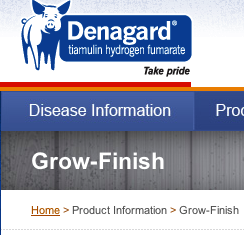
FDA Doesn’t Seem To Care That Novartis Still Sells Antibiotic As Pig-Fattener
Last week, we told you how pharma biggie Novartis was still openly marketing at least one of its antibiotics as a growth-promoter for livestock, even though the FDA had politely asked drug companies to pretty please stop selling antibiotics for non-medical uses. Given the voluntary nature of this guidance, not to mention its numerous loopholes, it shouldn’t surprise anyone that both the FDA and Novartis shrugged off critics’ concerns. [More]
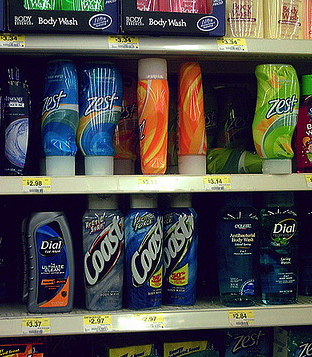
Minnesota Bans Widely Used (But Pretty Much Useless) Antibacterial Soap Ingredient
In spite of the fact that the FDA has said that soap containing the antibacterial chemical triclosan is really no better at preventing the spread of germs than simply washing your hands with regular hot soap and water, it’s still widely used in soaps, cosmetics, deodorants and some toothpastes. And so the Minnesota state legislature recently voted to ban the use of triclosan. [More]



